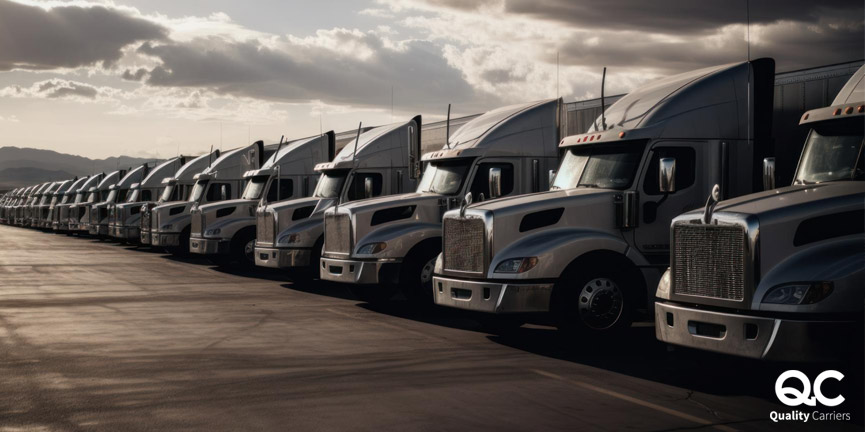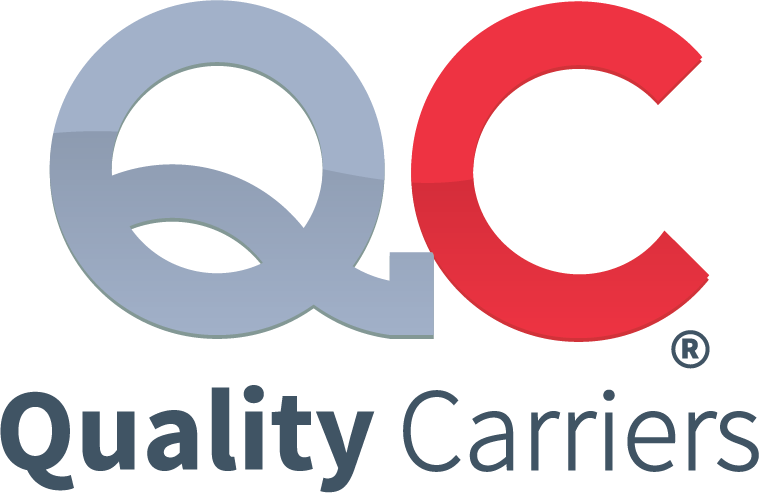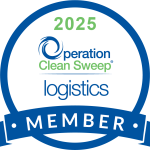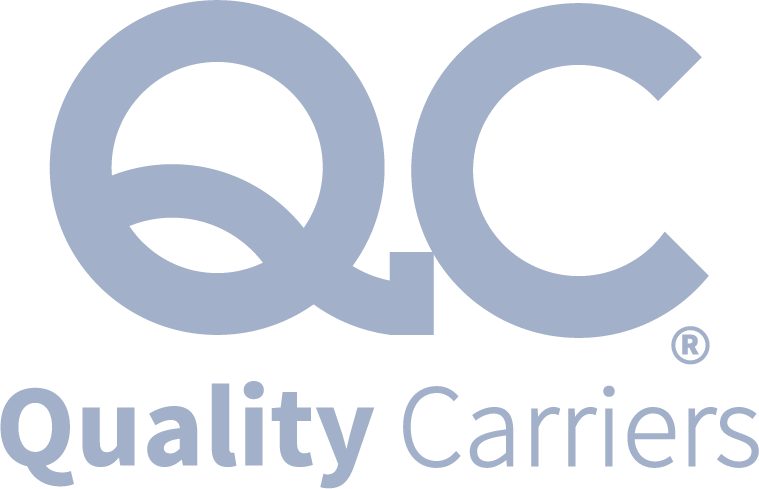Do Truck Drivers Buy Their Own Trucks?
Truck driving is a vital industry that keeps goods moving across the country. Behind the wheel of those massive rigs are professional and skilled truck drivers who spend long hours on the road to ensure goods are delivered safely and on time. While many truck drivers work for trucking companies, a common question is, “Do truck drivers buy their own trucks?”.
This blog post will explore the various ownership models in the trucking industry, the pros and cons of owning a truck, and whether it’s common for truck drivers to become owner-operators.
Ownership Models in the Trucking Industry

The trucking industry offers different ownership models, allowing drivers to choose what best suits their career goals and financial situation.
Company Drivers
Most truck drivers start as company drivers. They work for a trucking company, drive trucks, and receive a regular paycheck. Company drivers don’t own the trucks they operate.
Lease Operators
Lease operators, often called lease-purchase drivers, lease a truck from a company. They make regular payments towards eventually owning the truck. This model offers some degree of ownership down the road.
Owner-Operators
Owner-operators are independent contractors who own trucks and often lease their services to trucking companies. Because they fully own their trucks, owner-operators have greater control over their businesses.
Financing Options
Financing a truck purchase is critical for aspiring owner-operators or trucking professionals looking to expand their fleet. Several financing options cater to different financial situations and goals.

- Bank loans offer the stability of established institutions and lower interest rates, especially for borrowers with favorable credit scores. However, the stringent credit requirements and necessity for collateral can make them challenging to obtain for some.
- Online lenders, on the other hand, provide convenience and speed. They’re known for flexible lending criteria, making them accessible to a broader range of borrowers. Still, interest rates might be higher, especially for those with less favorable credit histories.
- Truck leases allow drivers to test the waters of truck ownership with lower upfront costs. They can be an attractive option for those who need to be ready for a complete purchase. However, lease agreements often come with mileage restrictions and penalties, and the driver only owns the truck at the end of the lease.
- Specialized truck financing companies understand the intricacies of the trucking industry, offering tailored financing solutions. Some may be more lenient with credit requirements, although interest rates can vary, demanding thorough research.
- Buying a used truck is often more budget-friendly than acquiring a new one. The used truck market is diverse, providing numerous options. Still, used trucks’ condition and maintenance history can vary, necessitating careful inspection.
- Purchasing from a trucking company can be a way to own a truck with more manageable terms, primarily through lease-purchase programs. However, this can sometimes limit the driver’s independence, as they may be tied to the company’s terms and routes.
- Buying from an authorized dealership provides access to new and used trucks, often with financing options. Dealerships usually offer well-maintained vehicles. However, new trucks can be expensive, and financing terms may vary.
The Pros and Cons of Buying Your Own Truck
Pros:
- Ownership: You gain full ownership of the truck, providing greater control over your career.
- Earnings Potential: As an owner-operator, you have the potential to earn more money compared to being a company driver.
- Flexibility: You can choose your routes, loads, and schedule, offering more independence.
- Tax Benefits: Truck ownership includes tax deductions, such as depreciation and business expenses.
Cons:
- High Costs: Purchasing a truck is a substantial financial commitment. Maintenance, insurance, and fuel costs can be significant.
- Financial Risk: You assume responsibility for all expenses, including unexpected repairs.
- Business Management: Running a trucking business involves administrative tasks like bookkeeping and compliance with regulations.
Whether truck drivers buy their own trucks ultimately depends on their goals, financial situation, and risk tolerance. Both company drivers and owner-operators play vital roles in the transportation industry, contributing to the movement of goods across the country. Understanding the pros and cons of each ownership model can help drivers make informed choices that align with their career aspirations.
FAQs
Do all truck drivers buy their own trucks?
No, not all truck drivers buy their own trucks. Some choose to work as company drivers, using trucks provided by their employers. On the other hand, owner-operators purchase or lease their trucks, giving them more independence and control over their businesses.
Is leasing a truck a good option for aspiring owner-operators?
Leasing a truck can be a viable option for those wanting to become owner-operators but with limited funds for a down payment. It allows them to gain experience and test the waters of truck ownership.
Can new truck drivers buy their own trucks?
Yes, new truck drivers can buy their trucks, but it often depends on their financial situation and credit history. Some financing options may be available to help new drivers get started, but they should carefully consider their budget and business plan.









